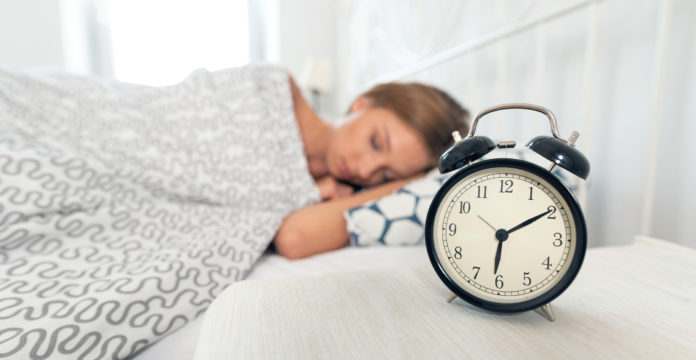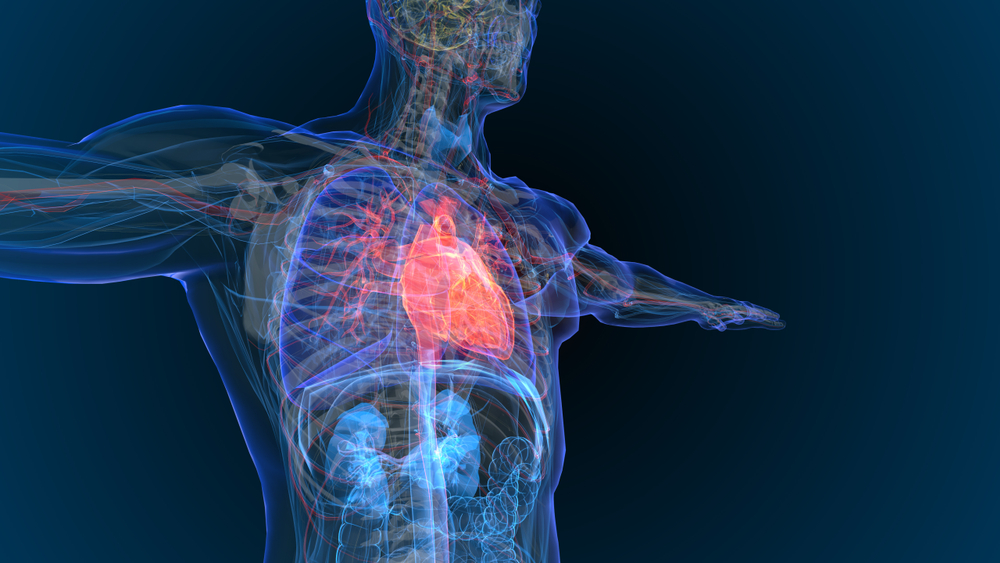Sleeping too much or too little was found to elevate risk of cardiovascular events, according to research that will be presented at the upcoming American College of Cardiology’s Annual Scientific Session.
“Sleep is often overlooked as something that may play a role in cardiovascular disease, and it may be among the most cost-effective ways to lower cardiovascular risk,” said lead author Kartik Gupta, MD, resident at the Henry Ford Hospital in Detroit, in a press release. “Based on our data, sleeping six to seven hours a night is associated with more favorable heart health.”
The researchers examined rates of cardiovascular events in 14,709 participants in the 2005–2010 National Health and Nutrition Examination Survey. The average patient age was 46 years, half the cohort were women, and 47% were white. Patients were followed for a median of 7.5 years and cases of mortality due to heart attack, heart failure, or stroke were noted. Less than 10% had a history of cardiovascular events at baseline. Patients were stratified according to average length of sleep. To assess cardiovascular risk, the researchers tested atherosclerotic cardiovascular disease (ASCVD) risk scores and levels of C-reactive protein (CRP), an inflammatory marker.
The median ASCVD risk was 3.5% for the overall cohort. The median 10-year ASCVD risk when stratified by sleep duration was 4.6% for those who sleep fewer than six hours per night, 3.3% for those sleeping six to seven hours, and 3.3% for those sleeping more than seven hours.
Sleeping fewer than six hours or more than seven hours were both associated with higher chance of death due to cardiac-related causes. Levels of CRP was also highest among those who slept more or less than six to seven hours nightly.
According to the authors, one limitation of this study is the focus on sleep quantity but not quality. “It’s important to talk about not only the amount of sleep but the depth and quality of sleep too,” said Dr. Gupta. “Just because you are lying in bed for seven hours doesn’t mean that you are getting good quality sleep.”
Credit: Original article published here.










